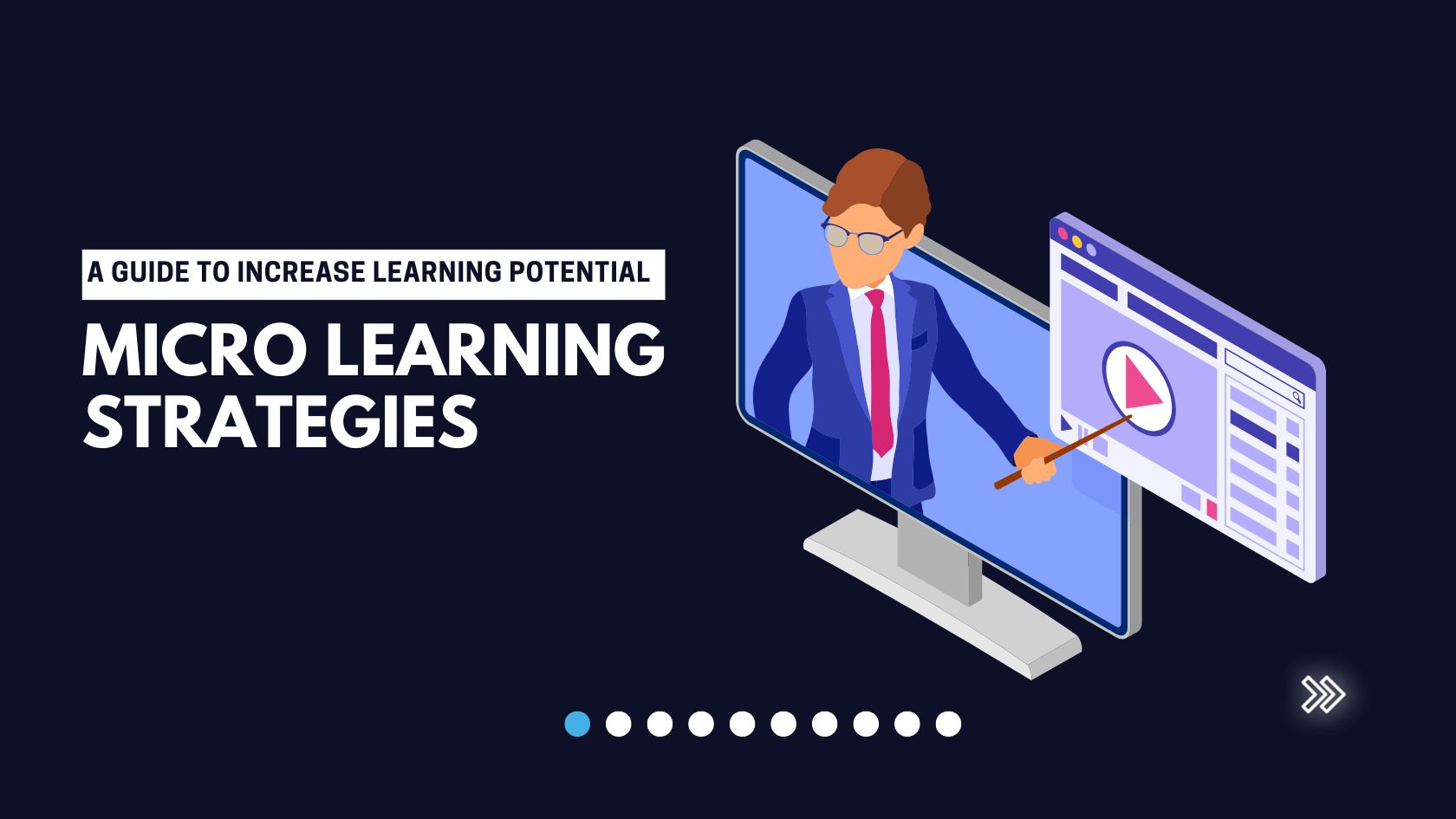Open Source ERP Buyer’s Guide
WHAT WE HAVE ON THIS PAGE
Open source ERP has not gained much market traction, as of yet. Analyst firms such as Forrester Research don’t even monitor it currently as it isn’t an area that comes up much in client inquiries. But just as with open source business intelligence or open source CRM, open source ERP promises a software alternative that is less expensive and more flexible than applications sold by giants like Oracle and SAP.
While no accurate market share numbers appear to exist, Ned Lilly, CEO of open source ERP provider xTuple, estimates that the open source share of the ERP market hovers somewhere around one-and-a-half percent. “If you segmented it into three tiers with Oracle and SAP as the top tier, you might be approaching 1 percent to 2 percent in Tiers 2 and 3,” he said. “We’re clearly very early in the adoption curve.”
That doesn’t mean there aren’t options out there, however.
China Martens, an analyst at Forrester Research, named Openbravo, OpenERP, opentaps and xTuple as the four major players in open source ERP. These companies will be the focus of this Buyer’s Guide.
xTuple
The xTuple software’s open source core is xTuple PostBooks, which includes: all conventional accounting modules; integrated CRM (address book, to-do lists, incident management, opportunity management); project management and time/expenses; sales orders (as opposed to invoicing – it drives inventory-based businesses); purchasing; product definition and costing; manufacturing and distribution (inventory control, bills of material, work orders); shipping and receiving; integrated report writer and financial reporting engine.
Thousands of companies run their entire businesses on PostBooks without any commercial relationship with xTuple, Lilly noted. In addition, four commercially-licensed editions of xTuple add more features for different types and sizes of businesses. A detailed breakdown is available on the company’s website.
“Generally speaking, as a company grows, it will be able to take advantage of the bigger-company functionality in a commercial edition,” said Lilly, offering the example of using more than one warehouse to manage and plan inventory as one sign of when a company might want to graduate to a commercial edition.
How does it scale? xTuple boasts some customers that have moved from SAP R/3, SAP Business One, and Oracle ERP. U-Haul, for instance, has 10 manufacturing plants in the U.S. and is gradually standardizing on xTuple. That said, Lilly accepts that his product doesn’t reach full Tier 1 functionality for big companies operating on a global scale.
“I wouldn’t say that we’re a great fit for a complex multi-national enterprise that buys, plans, sells and deals with deep regulatory requirements across multiple business units in multiple countries,” he said.
xTuple began in manufacturing, and is strong in ERP related to inventory-based business. Smaller firms that have outgrown Quickbooks or Peachtree, for example, could upgrade to the free PostBooks edition. Any business on PostBooks that is growing rapidly could then move onto one of the four xTuple commercial editions.
“For those moving off of older legacy ERP systems, they’d find us a pretty compelling step up – often for less than what they’re paying in annual maintenance on the old product,” said Lilly.
Open source also offers a way for companies to protect their ERP investments, Lilly said. “With so much consolidation and M&A activity in the ERP world, no commercial vendor is safe, and a company can best protect its long-term interests by a) having the source code and b) belonging to a vibrant open source user community.”
Pricing is available at www.xtuple.com/pricing.
opentaps
opentaps is an acronym for Open Source Enterprise Applications Suite. It is an integrated open source ERP suite that encompasses CRM, warehouse and inventory management, supply chain management, financial management, business intelligence and mobility features. It supports verticals such as manufacturing, distribution and retail.
The software makes use of a whole potpourri of open source staples, including Enterprise Java J2EE, various Apache projects, AJAX user interface development with Google Web Toolkit, and business intelligence and reporting with Pentaho and Jasper Reports. It is compatable with MySQL, PostgreSQL, Oracle and Microsoft SQL Server.
Sponsored by a company known as Open Source Strategies, Inc., opentaps has been developed by professional developers in conjunction with partners and other open source contributors.
OpenERP
OpenERP has over 200 certified modules that form a suite of business applications including sales, CRM, project management, warehouse management, manufacturing, financial management and human resources. While over 700 OpenERP modules are available on Launchpad, more than 2,000 have been developed together with its worldwide community. All are free.
Early on, OpenERP was very much a product geared toward SMEs. But Nicoleta Gherlea, OpenERP’s marketing director, said the software has gradually been moving up the food chain. In fact, the company is confident enough of how it measures up against SAP that it has published a book comparing OpenERP to the ERP giant.
Gherlea claimed OpenERP is the most downloaded ERP in the world, receiving more than 1,000 downloads a day. For commercial support, the company offers OpenERP Online, which after a free month-long trial costs 39 euro ($48 U.S.) a month per user, and OpenERP Enterprise, which costs 165 euro a month ($200 U.S.).
Openbravo
Openbravo claims to have been downloaded almost 2 million times and characterizes itself as the world’s leading Web-based open source ERP solution. It sells its Openbravo 3 Professional Edition software exclusively through channel partners who provide deployment expertise for Openbravo’s nearly 400 ERP modules.
While it has offices in the U.S., Spain, and India, it is headquartered in Spain and appears to have established its strongest foothold in Europe.
Those interested in acquiring the product are linked up with a partner. Costs include a subscription to Openbravo Professional Edition, any required third-party modules, implementation project costs and a maintenance contract.
Drew Robb is a freelance writer specializing in technology and engineering. Currently living in California, he is originally from Scotland, where he received a degree in geology and geography from the University of Strathclyde. He is the author of Server Disk Management in a Windows Environment (CRC Press).

Drew Robb is a writer who has been writing about IT, engineering, and other topics. Originating from Scotland, he currently resides in Florida. Highly skilled in rapid prototyping innovative and reliable systems. He has been an editor and professional writer full-time for more than 20 years. He works as a freelancer at Enterprise Apps Today, CIO Insight and other IT publications. He is also an editor-in chief of an international engineering journal. He enjoys solving data problems and learning abstractions that will allow for better infrastructure.

